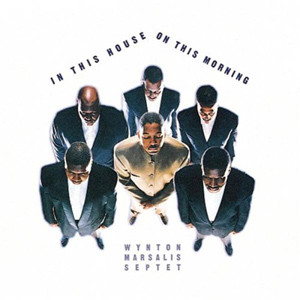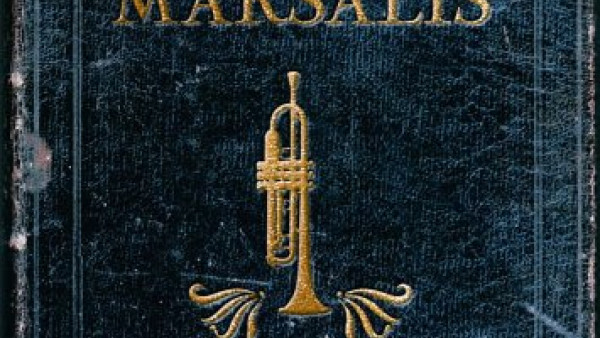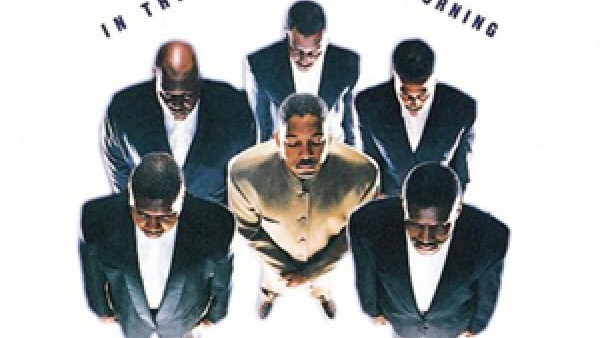Tunes of ‘Glory’
Ten years ago, the leaders of a South Side church came up with a bold idea: Engage great gospel and pop artists to perform in a holiday concert, invite the public to attend for free and put the show on TV on Christmas day, so that all Chicago could see the glories that unfold at 63rd and Dorchester.
A decade later, the annual “Christmas Glory” concert has become a cultural rite on the South Side, attracting more than 5,000 music-lovers from across Chicago to a spirited evening of music, faith and civic harmony.
“Back when we started this, a lot of people thought there was a stigma to anything happening at 63rd Street, and maybe some people still do,” said parishioner Tyronne Stoudemire over the weekend, as he welcomed visitors to the 10th anniversary “Christmas Glory” concert at the Apostolic Church of God.
“But this concert showed the kind of community that lives here, and I think it was a real eye-opener for a lot of folks.
“It said that great things happen here.”
That was undeniable on Friday evening, with the crowd queuing up hours early to hear jazz trumpeter-bandleader Wynton Marsalis performing holiday and quasi-sacred repertoire on a program that also featured soprano Elizabeth Norman, tenor Dwayne Lee and the mighty, 350-voice Apostolic Church of God Sanctuary Choir.
“Tonight, you’re going to hear a variety of music,” TV producer Valerie Norman-Gammon told the audience, before the concert began, “because God speaks to us in different ways.”
Indeed, an unmistakable message of faith long has imbued most facets of black musical expression, from spirituals and hymns sung by everyday churchgoers to vast, devotional suites performed by master musicians such as Duke Ellington and John Coltrane onstage and in recording studios. Though some listeners mistakenly associate jazz exclusively with carnality, in fact the music has been wrapped up with religion since the beginning, when jazzmen accompanied the dead from the church to the graveyard, along the way playing “Flee as a Bird to the Mountain.”
As if to emphasize the point, Marsalis led his septet (occasionally augmented by additional musicians) in excerpts from some of his most explicitly spiritual music. Among this repertoire, nothing drew a livelier response from the congregation than “Holy Ghost,” a tour de force excerpt from one of Marsalis’ most evocative extended compositions, “In This House, On This Morning.” The exuberantly up-tempo gospel rhythms and fervent emotional pulse of “Holy Ghost” routinely bring concert-hall audiences to their feet.
But in church — with members of the Apostolic choir enthusiastically waving their hands and listeners visibly swaying to the beat — “Holy Ghost” captured a sense of rapture and transcendence that could not have been matched in a secular auditorium or club. This vivid performance recalled Marsalis’ American debut of the complete “In This House, On This Morning,” at Quinn Chapel, on South Wabash Avenue, in 1994.
Both Marsalis and jazz itself have roots in New Orleans, and the distinct sound of that town permeated much of the Marsalis band’s performance. You could hear the Crescent City in the lamenting phrases of the hymn “Just a Closer Walk With Thee” and in a blues-drenched arrangement of “We Three Kings.”
The moment that disarmed everyone, however, came when Marsalis and friends played the songlike coda from “All Rise,” the composer’s most recent large work and his most sweeping statement of faith since “In This House, On This Morning.” Though “All Rise” contains movements of great anguish and hard-won peace, it ends with a buoyant, songlike finale.
No sooner did Marsalis strike up the band than the youngsters of the Kenwood Academy Choir strode into the sanctuary singing Marsalis’ fervently optimistic lyrics. To see and hear Maraslis and colleagues backing these talented youngsters was to behold one generation nurturing the next, surely a fitting turn of events for a concert titled “Christmas Glory.”
But if Marsalis’ ensemble gave this evening its star power and its highest levels of virtuosity, other artists brought different gifts to the proceedings. Not surprisingly, the gospel vocal duo of Sharon and Brandon Pulliam quickly got the audience to its feet singing BeBe Winans’ “What About the Children?” Pair Brandon Pulliam’s uncommonly penetrating tenor with Sharon Pulliam’s extraordinarily intricate melodic flights, and you have gospel duet singing of the most fresh, original and authentic kind.
In an era when many female gospel vocalists sing so many notes around a melody as to render the tune nearly indecipherable, Ivory Nuckolls’ straightforward approach came as a refreshing change of pace. Her incantatory reiterations of the word “Emmanuel,” in Norman Hutchins’ song of the same name, caressed the ear and, inevitably, elicited inspired vocal response from the audience.
Though the three-hour-plus program contained too many performances to mention every one, a few stood out. Dwayne Lee’s solo vocals proved charismatic on “Beyond the Walls,” a group of child violinists disarmingly played “The Little Drummer Boy,” and the Chicago Sinfonietta provided warm orchestral support throughout.
And then there was the church’s Sanctuary Choir, a thundering ensemble of parishioners who gave everything they had to every note they sang. Well-worn holiday melodies, such as “The First Noel,” sounded reinvigorated when reinterpreted by hundreds of voices.
It has taken this church, and its community, a decade to achieve a concert of such power and stylistic range. Though previous versions of “Christmas Glory” have featured no less than Andrae Crouch, Kirk Franklin, Jennifer Holliday and Gladys Knight, the 10th anniversary event — which will be broadcast at noon, Christmas Day on Fox-Ch. 32 — held special significance.
“There’s something about Christmas that has a ring of mystery about it,” Bishop Arthur M. Brazier, pastor of the Apostolic Church of God, said to the audience early in the evening.
“At Christmas, in spite of frigid air, a warmth creeps into our hearts.”
Certainly it did in this house, on this night.
by Howard Reich
Source: Chicago Tribune



